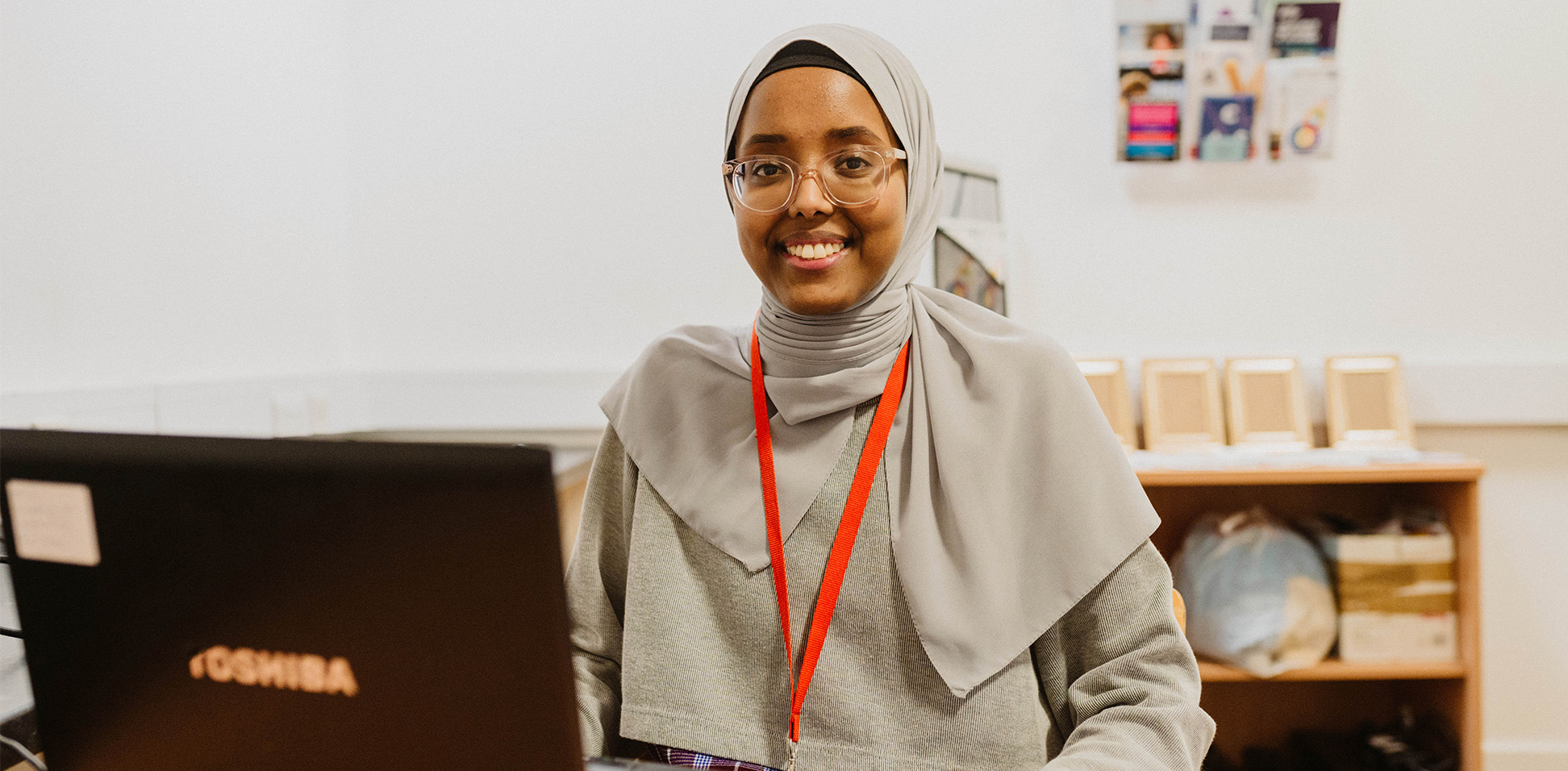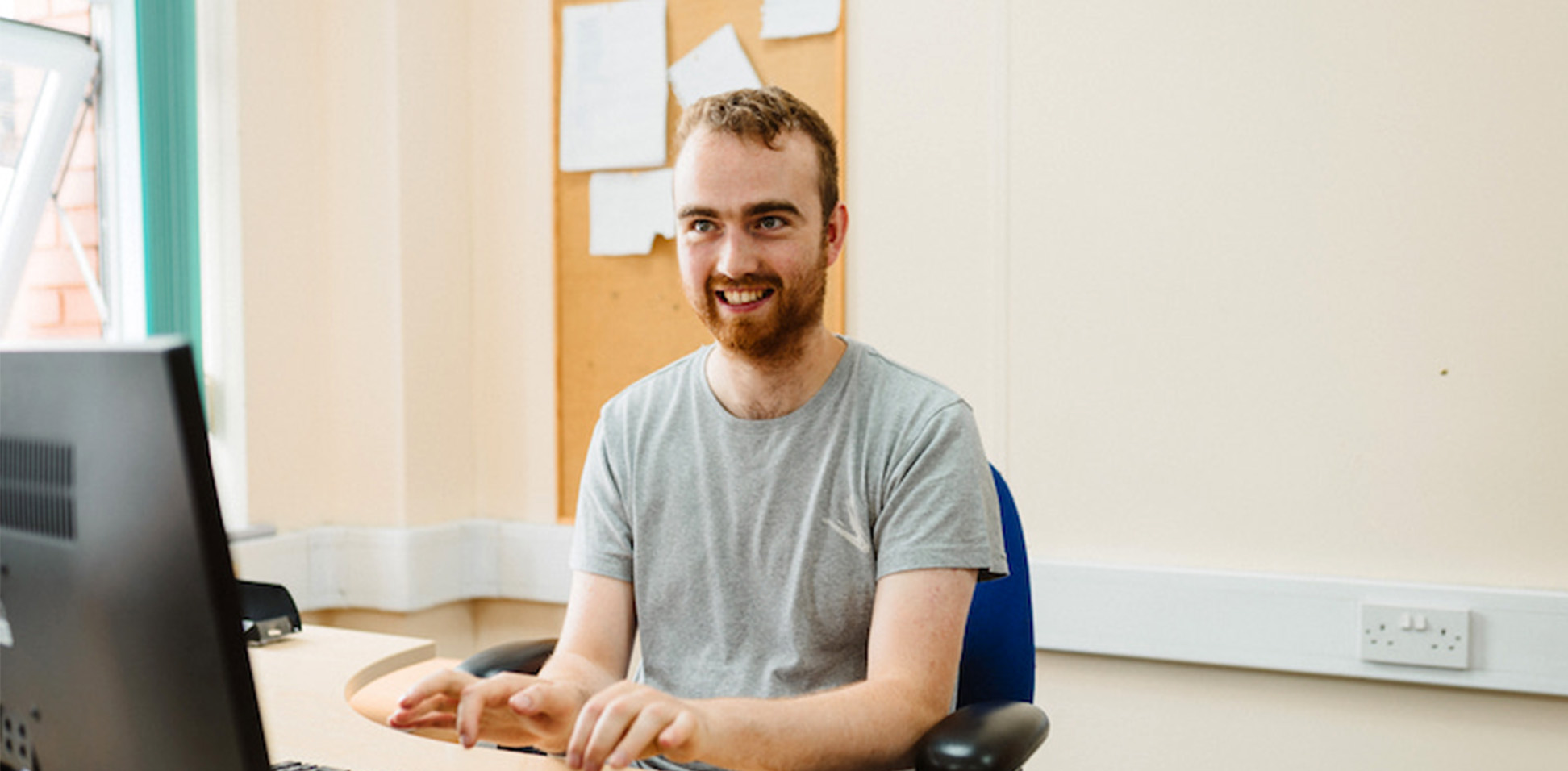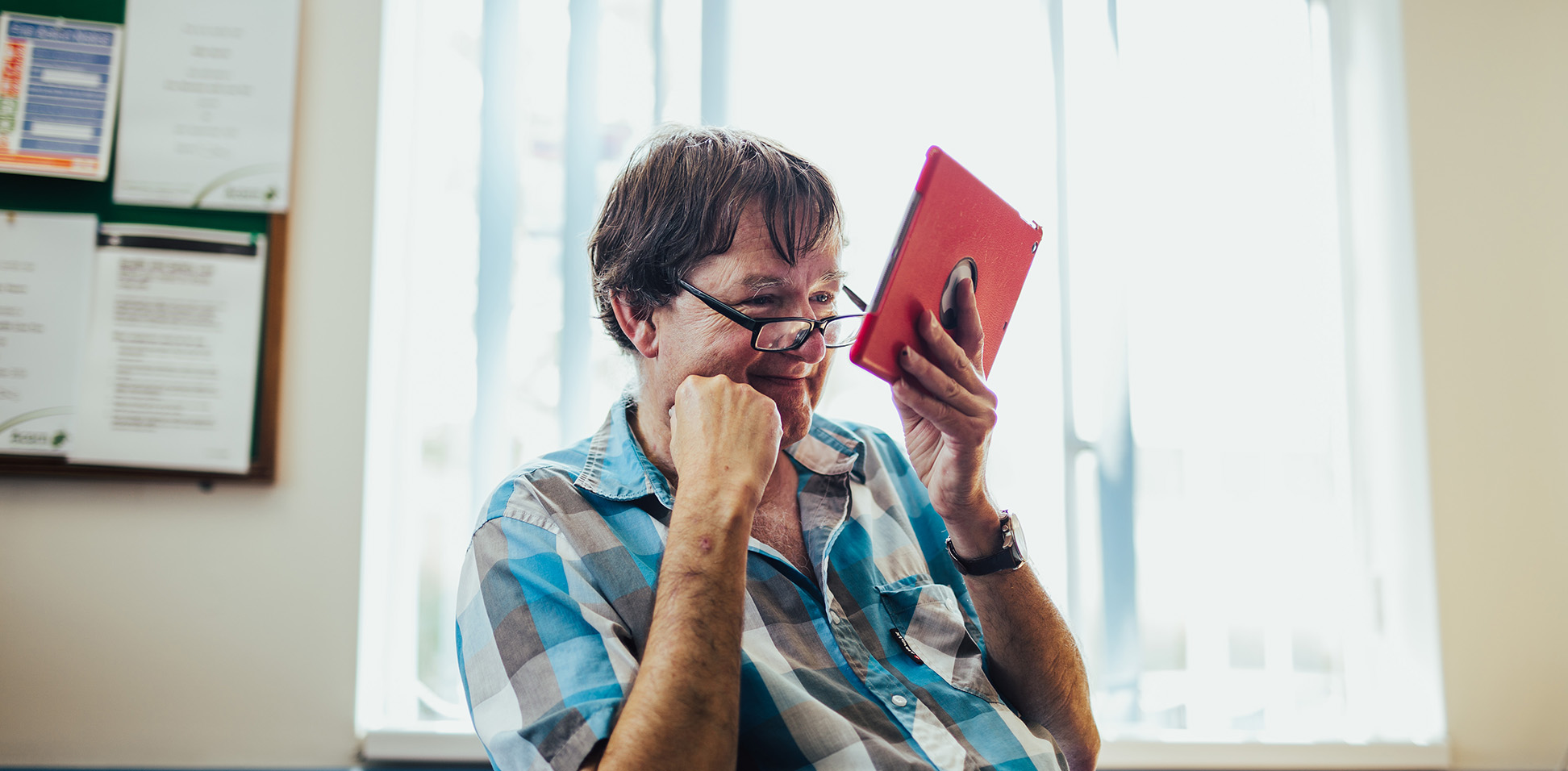World Health Day: Why digital inclusion is a public health issue
This World Health Day, we’re reflecting on our Digital Futures for Good episode with Dr Minal Bakhai and Professor Sam Shah to consider the question: how can digital healthcare work for everyone?
Digital transformation is reshaping healthcare. From online GP consultations to ‘virtual wards and remote monitoring’, technology has the potential to improve health outcomes and access to care. But as our Digital Futures for Good series has explored, not everyone is benefitting from this shift.
For people without digital access, skills, or confidence, navigating the digital healthcare system can be a huge challenge.
This World Health Day, with the theme "Healthy Beginnings, Hopeful Futures," we’re reflecting on our Digital Futures for Good episode with Dr Minal Bakhai and Professor Sam Shah to consider the question: how can digital healthcare work for everyone?
Healthcare is going digital, but is it inclusive?
During the discussion, Dr Minal Bakhai and Professor Sam Shah reflected on the scale of digital transformation on healthcare access and experience.
Dr Minal Bakhai, Director of Primary Care Transformation at NHS England, noted:
"93% of contacts with the NHS are with primary care. Primary Care is deeply rooted in its communities. [...] Almost everybody is registered with a general practice. So our reach is really incredible. And primary care, I would say, is one of the most innovative parts of the health system. [...] if we can embed better digital access, digital enablers to improve health outcomes and really focus on digital inclusion as part of healthcare, then I think the scale of the impact could be really incredible."
The discussion also explored the potentially negative impact of digital transformation for those who are already facing marginalisation, further exacerbating the deepening digital divide that exists in the UK. Dr Bakhai and Professor Shah noted how people who already face health inequalities are also more likely to experience digital exclusion. People on low incomes, older adults, and people with disabilities are less likely to use digital services, meaning they risk missing out on faster, more convenient care.
From Digital-First to Digital-Fair healthcare
In our conversation, it was clear that digital health services can only improve patient outcomes if they are accessible to everyone, where technology improves healthcare without deepening inequalities.
Some key solutions included:
- Choice matters - Our guest speakers spoke about the need for choice, saying how digital should be an option, not the only way to access care. Dr Bakhai noted how patients should have the ability to book appointments, request prescriptions, and access healthcare in ways that work for them, whether online, by phone, or in person:
"We need to make healthcare access really easy, and we need to improve the experience of access, because we know from all of the patient surveys, typically the population that have the poorest experience are also our most deprived populations. So it means that we move away from a first come first served approach [...] to one where you have more inclusive access. So you can access through going online, the telephone, in person.
"And what we see is that people use access routes dynamically. It's not that they're always online, or they're always on the telephone. They change depending on their circumstance, the urgency of their need. So choice is really, really important." (Dr Minal Bakhai)
- Tackling data poverty - Around a quarter of UK households (23%) had difficulty affording communications services in January 2025, limiting their ability to use digital health services. Services, like the National Databank, powered by Good Things Foundation help people stay connected.
"We've got people that live in digital poverty. For them, they can't afford access to the internet, devices and modern technology. [...] They may not be able to get online at the time of things. They've got big healthcare organisations and health service departments that are planning for technology and digitalisation, but not recognising those people will be otherwise left behind. So we have hospitals sending letters to patients about digital appointments…" (Professor Sam Shah)
- Better service design - The discussion centred around the need for digital health platforms to be built with accessibility in mind, ensuring they work for people with low digital literacy, disabilities, or limited English proficiency.
"But what's also really important is that digital is one social determinant of health, and you know, the challenges that that community was facing was challenges with digital access and inclusion, but also with education, with housing, with employment, and so we need to look at it as a whole, and we need that partnership working across all you know, across the whole system. And I think we do have an opportunity with integrated care systems, that starts to build the pathway to enable us to do that." (Professor Sam Shah)
As we mark World Health Day, it is clear that digital exclusion is a public health issue. Through Digital Futures for Good, we’ve heard from experts, policymakers, and communities about what needs to change to tackle the UK’s worsening digital divide.
Commentary guest on our episode on AI and emerging technologies, Katie Dowson, Director of Digital Transformation at South Yorkshire Integrated Care Board, also penned a blog for us on the challenges of digital transformation in healthcare at a hyperlocal level. She stressed the importance of partnership in improving digital experience:
"Digital exclusion is a complex social issue. It is often hard to know exactly where to start. But partners coming together is a beginning and is a very important first step to acknowledging and responding to the digital divide." (Katie Dowson)
Read the full Digital Futures for Good report to explore these insights and watch the full episode on digital healthcare here.


